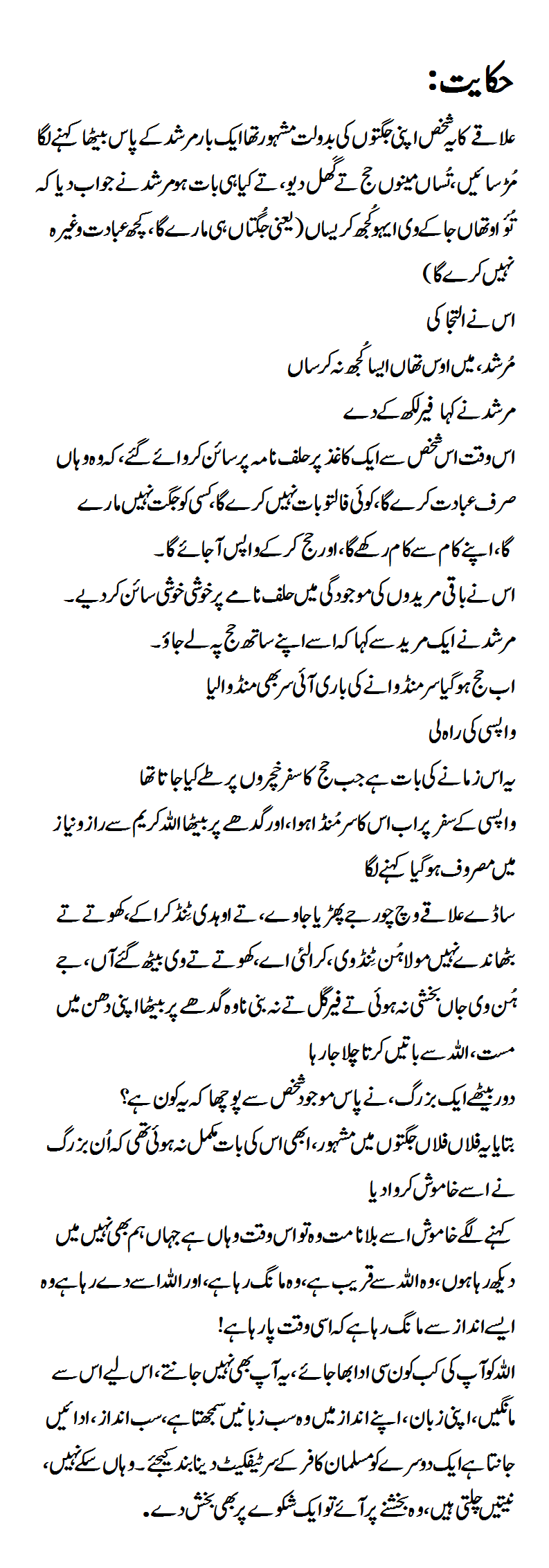“The Fall of the House of Usher” begins with the unidentified male narrator riding to the house of Roderick Usher, a childhood friend whom the narrator has not seen in many years. The narrator explains that he recently received a letter from Roderick
detailing his worsening mental illness and requesting the narrator’s company. Out of sympathy for his old friend, the narrator agreed to come. Aside from his knowledge of Roderick’s ancient and distinguished family, the narrator knows very little about his friend. Upon arriving,
the narrator describes the Usher family mansion in great detail, focusing on its most fantastic features and its unearthly atmosphere. Shortly after entering, the narrator is greeted by Roderick, who displays a number of strange symptoms. He claims his senses are especially acute: therefore, he cannot wear clothes of certain textures or eat particularly flavourful foods, and his eyes are bothered by even the faintest lights.
Within a few hours of the narrator’s arrival, Roderick begins to share some of his theories about his family. Much to the narrator’s surprise, Roderick claims that the Usher mansion is sentient and that it exercises some degree of control over its inhabitants. He declares that his illness is the product of “a constitutional and a family evil.”
(The narrator later dismisses this as a cognitive symptom of Roderick’s “nervous affection.”) Roderick also reveals that Madeline, his twin sister and sole companion in the house, is gravely ill. According to Roderick, Madeline suffers from a cataleptic disease that has gradually limited her mobility. As Roderick talks about his sister’s illness, the narrator sees her pass through a distant part of the house.
